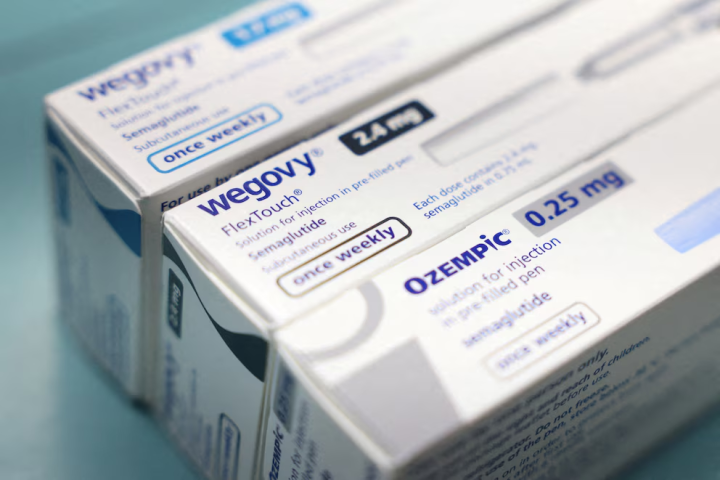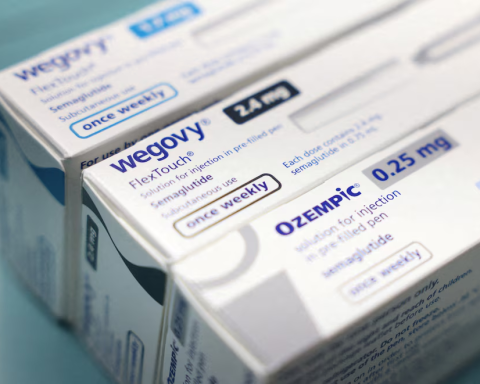MADRID, 22 (EUROPA PRESS)
Farmaindustria warned this Friday that the new US tariffs on medicines pose a threat to global supply chains, hindering R&D and harming patients around the world.
This partnership was demonstrated after the United States government and the European Union (EU) issued a Joint Declaration this Thursday that sets the framework for transatlantic trade and investment. This Joint Declaration confirms and expands the political agreement reached on July 27 in Scotland by EU President Ursula von der Leyen and US President Donald Trump.
The Joint Declaration details the new US-EU trade regime, with a 15 percent tariff on the vast majority of EU exports, including strategic sectors such as automobiles, pharmaceuticals, semiconductors, and timber, with no implementation date set. Reciprocal EU tariffs on products exported from the US have also not been agreed upon.
In response to this announcement, both the European Federation of Pharmaceutical Manufacturers (Efpia) and Farmaindustria declare that the imposition of any tariffs on medicines is "negative" for patients, healthcare systems, and the pharmaceutical sector, both in the EU and the US, because they "pose a threat to global supply chains, a risk to patients' access to innovation, and an obstacle to the research and development of new medicines."
"Adding barriers to highly complex medicine supply chains is not the path to national government resilience, increased production, or better patient care. These tariffs affect our ability to collaborate on the discovery of new treatments to address major global health challenges, with billions of euros no longer available for biomedical research," said Efpia CEO Nathalie Moll.
"As the debate on exemptions continues, we urge the EU and its Member States to ensure exemptions for innovative medicines in order to protect patients and ensure the competitiveness of the pharmaceutical industry in Europe," Moll added.
A COST OF 18 BILLION EUROS FOR EUROPEAN PHARMACEUTICAL COMPANIES
Farmaindustria also points out that, in economic terms, tariffs are "a disincentive to investment in a strategic sector for the economy in which it operates." An initial estimate puts the cost of the 15 percent tariffs on pharmaceutical exports to the US for pharmaceutical companies in Europe at approximately €18 billion, "a sector that cannot pass on its costs through final price increases," it adds.
In the long term, he asserts that these costs will directly affect investments in R&D and the industry's capacity for innovation. "At stake, therefore, is the recovery of European competitiveness, lost in recent decades to other regions such as the US or China," he adds.
According to Farmaindustria, the proposal breaks a 30-year commitment between both parties to protect patients by eliminating tariffs on innovative medicines and their inputs. "We recognize the efforts to achieve a trade agreement for Europe that benefits everyone. With a possible 15 percent US tariff on pharmaceutical products, no clear exemptions for innovative medicines, and no visibility into future trade and pricing policies, we remain concerned about the future of patients and our sector in Europe," Moll insists.
Both Efpia and Farmaindustria are calling for real solutions and regulatory changes that "promote greater investment in medicines, a fairer global distribution of R&D, and more equitable and rapid access for patients to pharmaceutical innovation."
They also urgently call for strategic sectoral dialogue with the Commission and Member States to ensure the future of the pharmaceutical industry in Europe. "With appropriate support, pharmaceutical companies will be able to continue investing in the region and ensure that the health, economic, and social security brought by biomedical innovation remains in Europe," they add.
"Any small percentage of tariffs on medicines and their inputs will harm patient care and the pharmaceutical sector in the EU and the US. Added to this is the ongoing revision of European pharmaceutical legislation, which should protect industrial property and promote innovation, something that is not happening with the current approach," said Juan Yermo, Director General of Farmaindustria.
For Yermo, the upcoming EU Biotech Act is an opportunity to "counteract the competitive advantages of the US and mitigate the policies of the Trump administration.






